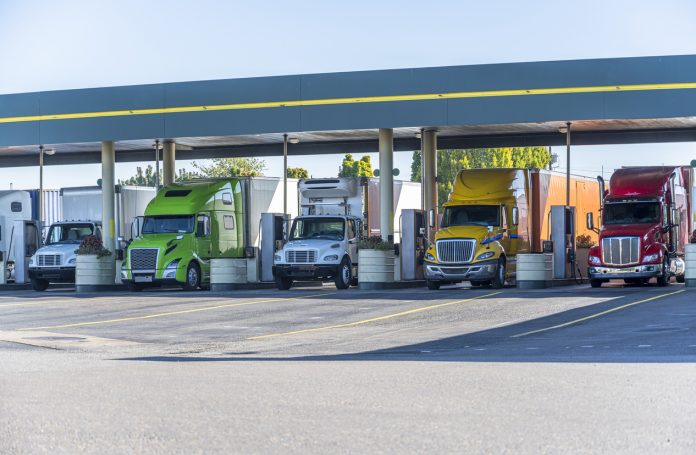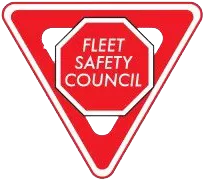Save Fuel, Save Environment, the maxim has all the relevance when we take a look at the greenhouse emissions caused by the commercial medium and heavy -duty trucks operating worldwide. A report of RMI dating back to 2012 clearly pointed that commercial trucking fleets are contributing 5.75% to the greenhouse emissions by pumping 1.6 billion metric tons of CO2 into the earth’s environment.
With an exponential growth in the field of trucking industry, the figures have multiplied in last one decade which has become a cause of concern for the environmentalists.
However, the trucking industry has come forward to shoulder the responsibility of saving the environment. Various organizations/companies have adopted a proactive approach to take initiatives for saving fuel.
To begin with, adapting the latest technology is the right approach. Automated Manual Transmission (AMTs) increase fuel efficiency by 1% to 3% which makes it “a must” for every truck.
Let us take a closer look at the factors that play a significant role in saving fuel for the fleets.
- Regular monitoring and inflation of tires: It is a known fact that fuel consumption increases when the tires are not properly inflated thus drivers and their managers should be extra cautious while monitoring the same.
- Rear Tail Fairings reduce drag: Popularly referred to as trailer trails, the panels at the back of trailers prevent vacuum that pulls the vehicle backwards. Thus, trailers with these panels help in saving 5%to 6% on fuel.
- Trailer Skirts to prevent aerodynamic drags: These skirts are attached to the wheel front of the trailers and happen to be most useful devices that prevent turbulence caused by air, hence reduce drag and fuel waste.
- Decreasing Idle time: Long-haul trucks should decrease on the idling time as it tends to add to the fuel wastage. The fleet managers should regularly prompt drivers to shut off the engines instead of idling for long periods.
- Low-Rolling Resistance Tires: Especially designed to decrease the rolling effort of the tires that reduces energy loss. These low-rolling resistance tires add to the fuel efficiency in trucks and trailers.
- . Suitable Electronic Engine Settings: It is very important to configure the electronic control module to suit your vehicle for optimizing fuel efficiency. The drivers have to keep themselves updated with the changing terminology that the automobile companies use.
Box 1
USE AC WHEN NEEDED
Air Conditioners put extra load on the engine, resultantly more fuel is used. It is advised not to use AC until necessary. Do not use it to simply circulate the air but only when it is too hot to bear.
Box 2
SAY NO TO RECKLESS DRIVING
Refrain from rash and uncontrolled driving as accelerating too much and reckless use of brakes tend to damage various components of the engine. Also, this increases the fuel consumption. Drivers out to make it their habit to maintain medium and constant speed.
BOX 3
DOES EQUIPPING TRUCKS AND TRAILERS WITH FUEL PERFORMANCE DISPLAY HELP?
This question has repeatedly surfaced at many platforms where “saving fuel” was discussed. Many companies are of the opinion that drivers just overlook these monitoring devices. However, some experts from the industry cited the example of a few drivers who used the information from the devices for “improving fuel efficiency”.
Easy to follow fuel saving tips
- Remove excessive weight from your truck/trailer
- Choose your routes wisely as longer routes with less obstructions save fuel
- Cruise control relieves the driver of acceleration and deceleration, increases fuel efficiency
- Consolidating shipment helps in reducing the number of trucks, an effective way to save fuel
Despite the fact that saving fuel is one of the biggest challenges faced by the trucking companies, it is manageable. Close coordination between the regulating authorities, trucking companies and non-profit organisations working towards sustainability can successfully address the issue.





















